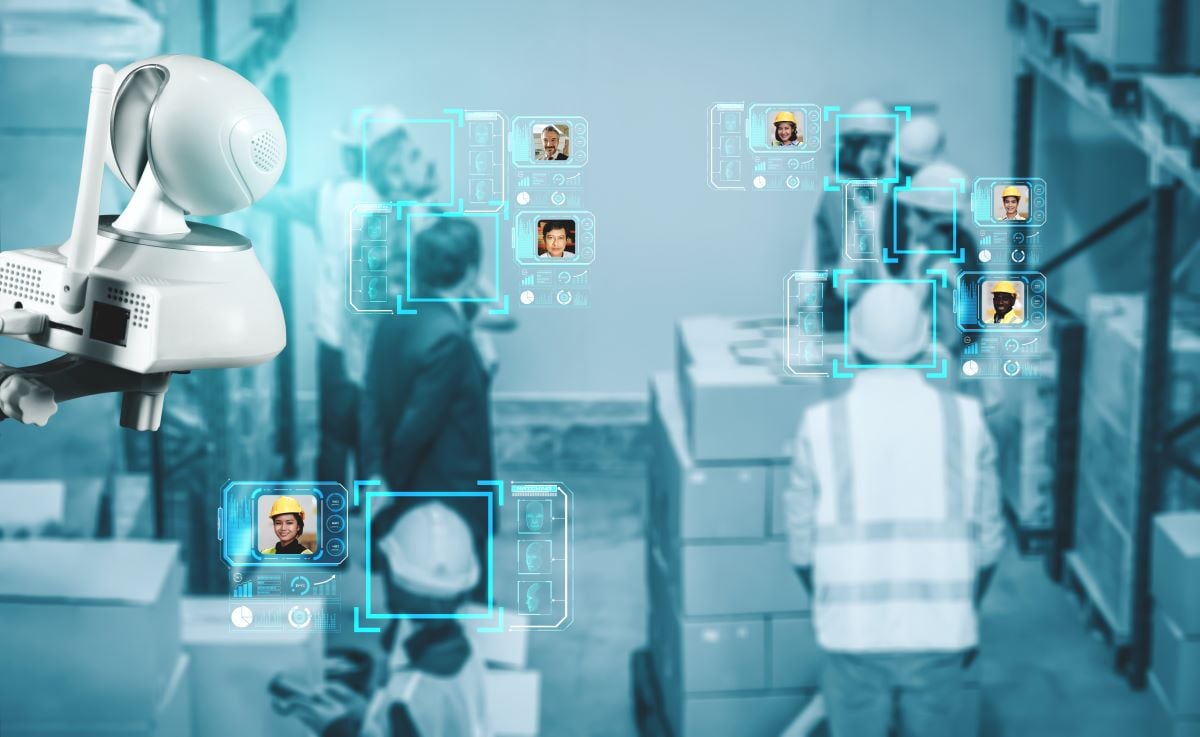
Commercial security systems have come a long way in recent years, providing businesses with various advanced technologies and features that help keep their premises and assets safe. One of the most exciting developments in commercial security systems is the rise of frictionless technology, which is gaining momentum in the industry.
What is Frictionless Technology?
Frictionless technology refers to security systems that allow individuals to move freely through a secure environment without being subjected to traditional security checks. This is made possible through the use of advanced technologies such as biometric identification systems, facial recognition, Bluetooth readers, passive infrared motion sensors, and even touch-free buttons to grant access to secure areas.
Improved Efficiency
One of the key benefits of frictionless technology is improved efficiency. By eliminating the need for traditional security checks, such as manual ID checks, physical searches, touching an access card to a reader, or pushing a button to operate the door, the frictionless technology enables individuals to move through secure environments more quickly, efficiently, and with lower risk of exposure to contagions. This can be especially beneficial for businesses that receive a high volume of visitors or need to move goods and people through secure areas quickly and efficiently.
Improved Security
Another benefit of frictionless technology is improved security. The technology can help to reduce the risk of human error while improving the accuracy of security systems. For example, biometric identification systems use unique biometric data, such as fingerprints or facial recognition, to grant access to secure areas, reducing the risk of unauthorized access and improving the overall security of the environment.
Reduce Costs
Frictionless technology is also helping to reduce the costs associated with commercial security systems. By eliminating the need for manual security checks and improving the efficiency of security systems, frictionless technology can help businesses to save money on security costs.
Frictionless Technology Challenges
Despite the many benefits of frictionless technology in commercial security systems, some challenges need to be considered. For example, there are concerns about privacy and the protection of sensitive data and the need for businesses to be transparent about using frictionless technology. Additionally, frictionless technology is still in its early stages of development, and businesses must carefully consider their security needs before investing in this technology.
Contact Koorsen Today to Learn More About Frictionless Technology
Frictionless technology is gaining momentum in the commercial security industry, providing businesses with a range of benefits, including improved efficiency, security, and cost savings. While there are challenges to be addressed, frictionless technology has the potential to significantly enhance the security and efficiency of business security systems, making them a more effective and cost-efficient option for businesses.
To learn if frictionless technology is right for your business’s access control system, contact the security experts at Koorsen Fire & Security. With over 75 years of experience in the fire protection and security industry, we can help protect and secure your business today and down the road.



